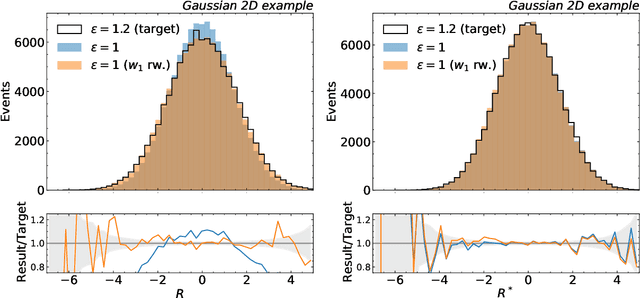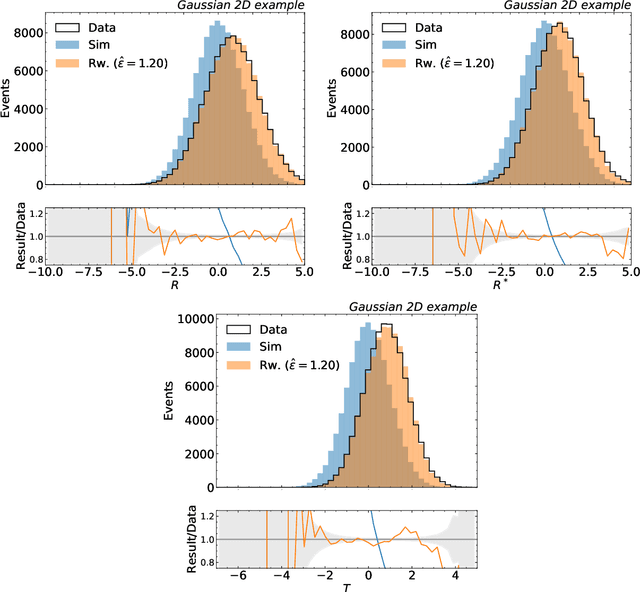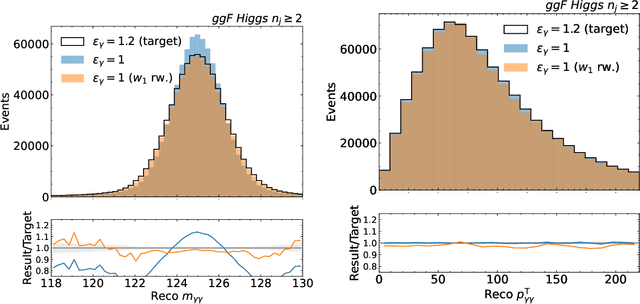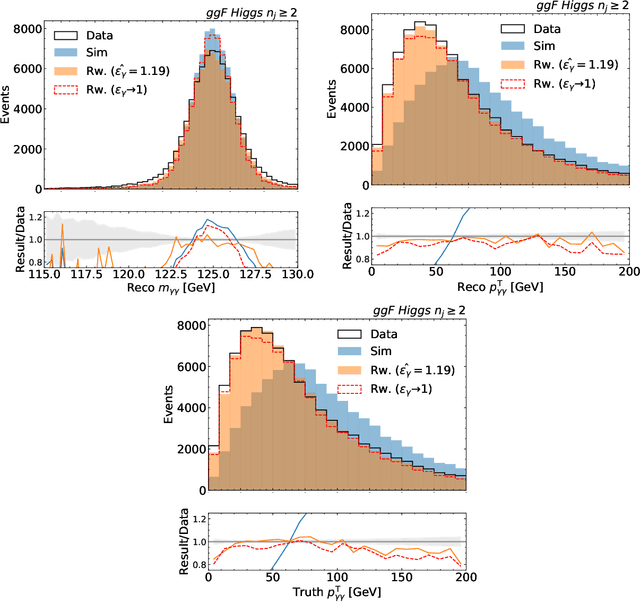Jay Chan
EggNet: An Evolving Graph-based Graph Attention Network for Particle Track Reconstruction
Jul 18, 2024



Abstract:Track reconstruction is a crucial task in particle experiments and is traditionally very computationally expensive due to its combinatorial nature. Recently, graph neural networks (GNNs) have emerged as a promising approach that can improve scalability. Most of these GNN-based methods, including the edge classification (EC) and the object condensation (OC) approach, require an input graph that needs to be constructed beforehand. In this work, we consider a one-shot OC approach that reconstructs particle tracks directly from a set of hits (point cloud) by recursively applying graph attention networks with an evolving graph structure. This approach iteratively updates the graphs and can better facilitate the message passing across each graph. Preliminary studies on the TrackML dataset show better track performance compared to the methods that require a fixed input graph.
Unbinned Profiled Unfolding
Feb 20, 2023



Abstract:Unfolding is an important procedure in particle physics experiments which corrects for detector effects and provides differential cross section measurements that can be used for a number of downstream tasks, such as extracting fundamental physics parameters. Traditionally, unfolding is done by discretizing the target phase space into a finite number of bins and is limited in the number of unfolded variables. Recently, there have been a number of proposals to perform unbinned unfolding with machine learning. However, none of these methods (like most unfolding methods) allow for simultaneously constraining (profiling) nuisance parameters. We propose a new machine learning-based unfolding method that results in an unbinned differential cross section and can profile nuisance parameters. The machine learning loss function is the full likelihood function, based on binned inputs at detector-level. We first demonstrate the method with simple Gaussian examples and then show the impact on a simulated Higgs boson cross section measurement.
 Add to Chrome
Add to Chrome Add to Firefox
Add to Firefox Add to Edge
Add to Edge